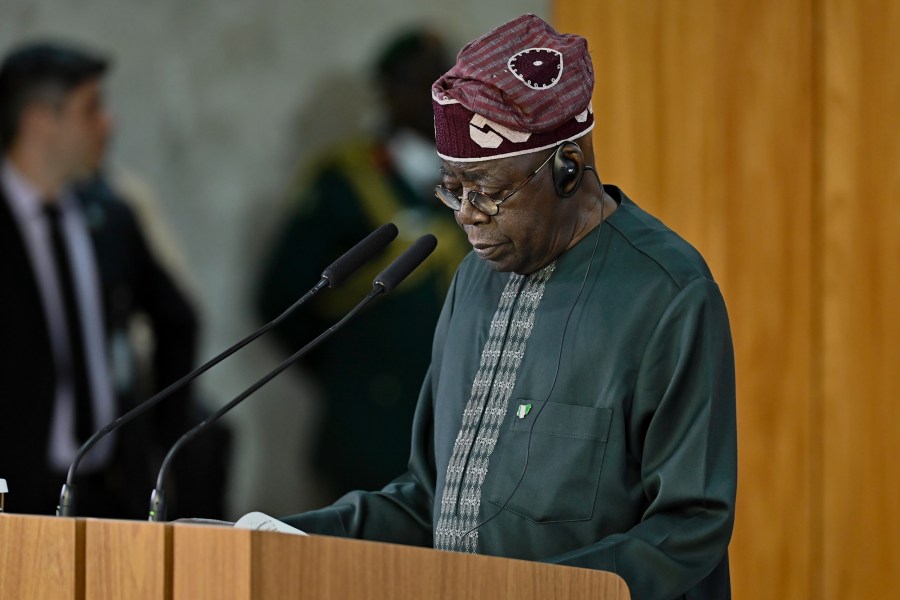Gunmen kidnapped more than two dozen schoolgirls in northern Nigeria this week, underscoring an ongoing variety of violence that is not — residents, analysts and officials there say — as simple as U.S. President Donald Trump recently made it sound.
Trump threatened U.S. military action in Nigeria over what he called Islamist extremists’ persecution of Christians, whom he said are being killed “in very large numbers,” without offering evidence. He ordered the Pentagon to prepare for intervention and threatened to suspend all aid and assistance to Nigeria.
“We are going to do things to Nigeria that Nigeria is not going to be happy about, and may very well go into that now disgraced country guns a-blazing to completely wipe out the Islamic terrorists who are committing these horrible, horrible atrocities,” he said in a video posted this month.
There is no indication that any U.S. intervention is imminent, but the comments understandably raised eyebrows in Nigeria, where armed bandits and militants have plagued the lightly patrolled northeast for years. Nigerian officials rejected Trump’s assertion — which echoes an increasingly common claim among American evangelicals — that Christians have faced a disproportionate share of that violence.
“There are killings in Nigeria,” Kimiebi Ebienfa, a spokesman for the Nigerian Foreign Ministry, told MS NOW. “Muslims are being killed, traditional worshippers are being killed, atheists are being killed and Christians are being killed. So the killings are not targeting Christians.”
Monday’s abductions of the girls and the killing of a staffer at their boarding school had not yet been attributed to a particular group.
Organizations that track violence in Nigeria report no indication that Christians are being targeted more frequently than Muslims in the country, which is almost evenly split between the two faiths.
“The characterisation of Nigeria as religiously intolerant does not reflect our national reality, nor does it take into consideration the consistent and sincere efforts of the government to safeguard freedom of religion and beliefs for all Nigerians,” Nigeria’s President Bola Tinubu wrote on X.

For close to two decades, Islamist extremist groups such as Boko Haram have devastated communities across Nigeria’s northeast. While many of those killed belong to Christian farming communities, experts say the group targets people of all faiths in its push for the creation of an Islamic state, as well as access to land and water.
“For people who have followed the Boko Haram crisis right from the beginning, they were indiscriminate with their targeting, both Christians and Muslims,” said Malik Samuel, senior researcher at Good Governance Africa-Nigeria, a research and advocacy nonprofit working on improving governance across the continent.
Trump’s remarks come amid growing attention from evangelical circles to reports of violence against Christians overseas, an issue that has become a rallying point for many within his conservative base.
In October, Texas Sen. Ted Cruz praised Trump for designating Nigeria a “country of particular concern,” a State Department term applied to countries the U.S. deems to be infringing on religious freedom.
Rapper Nicki Minaj, who has spoken frequently about her Christian faith, thanked Trump as well, earning her an invitation to speak Tuesday about the Nigeria situation alongside Mike Waltz, Trump’s U.N. ambassador.
At one point, asked aboard Air Force One if he would consider sending in American troops, Trump told reporters, “Could be.”
“We are willing to accept help, but the help should not be help that undermines the sovereignty of our country,” said Ebienfa, the foreign ministry spokesman, pointing to things such as intelligence sharing and technical assistance instead.











